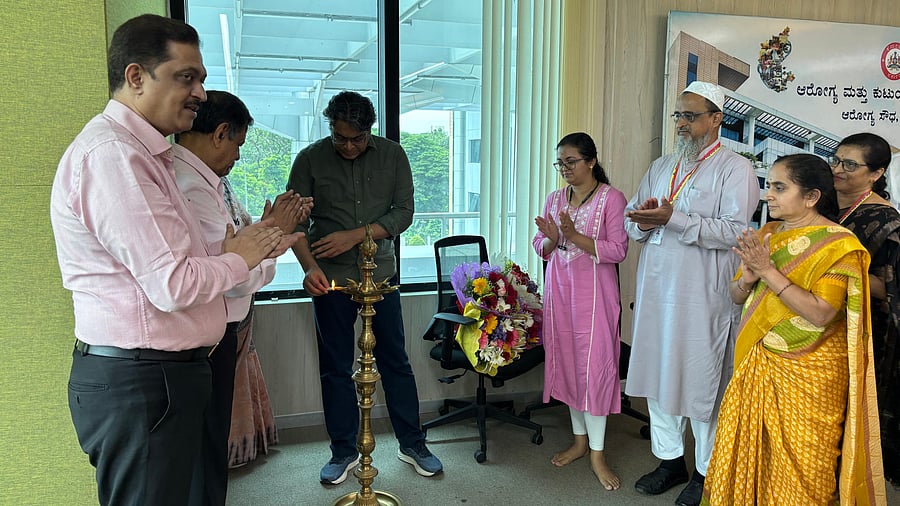
Bengaluru: Namma Clinics will now provide enhanced support for individuals with rare diseases, including Motor Neuron Disease, which has no definitive cure. However, timely medical management of secondary health issues—such as infections, respiratory difficulties, or nutritional complications—can significantly improve quality of life.
This announcement was made at a workshop held in the city on the occasion of Global Motor Neuron Disease (MND) Awareness Day. The workshop was organised by the Dr Shyama Narang Foundation, in collaboration with the Government of Karnataka.
A key outcome of the workshop was the clear directive from Harsh Gupta, Principal Secretary, Health and Family Welfare. He outlined guidelines for Namma Clinics to extend primary healthcare services to rare disease patients. Doctors representing Namma Clinics present at the workshop expressed their full support, agreeing to "actively treat all secondary infections and related conditions affecting rare disease patients under their care."
The Dr Shyama Narang Foundation, alongside other rare disease organisations, has long advocated for a state-supported digital registry. During the meeting, these groups collectively proposed a plan to map the residences of all known rare disease patients to their respective Namma Clinics within the next three to four months. This initiative will equip doctors with advance information, enabling them to "stock appropriate medicines and prepare for recurring care requirements," said the experts.
Motor Neuron Disease, or MND, typically affects individuals between 40 and 70 years of age, though cases can occur outside this range. "Early symptoms include muscle weakness, slurred speech, difficulty swallowing, fatigue, and changes in gait or limb control," stated UA Vasanth Rao, Managing Trustee of the Dr Shyama Narang Foundation. As the disease progresses, mobility and breathing functions are also impacted.
While there is currently no cure for most rare diseases, including MND, due to their often genetic, environmental, or unknown causes, immediate care can significantly improve patient well-being. Rao highlighted that timely intervention at the community level ensures that minor health issues don’t escalate into severe medical complications, especially for immunocompromised individuals.
"Patients benefit from timely treatment of secondary health issues such as respiratory infections, digestive complications, and nutritional deficiencies." He added that "early symptom management, physiotherapy, speech and occupational therapy, and palliative support can together improve the quality of life."
